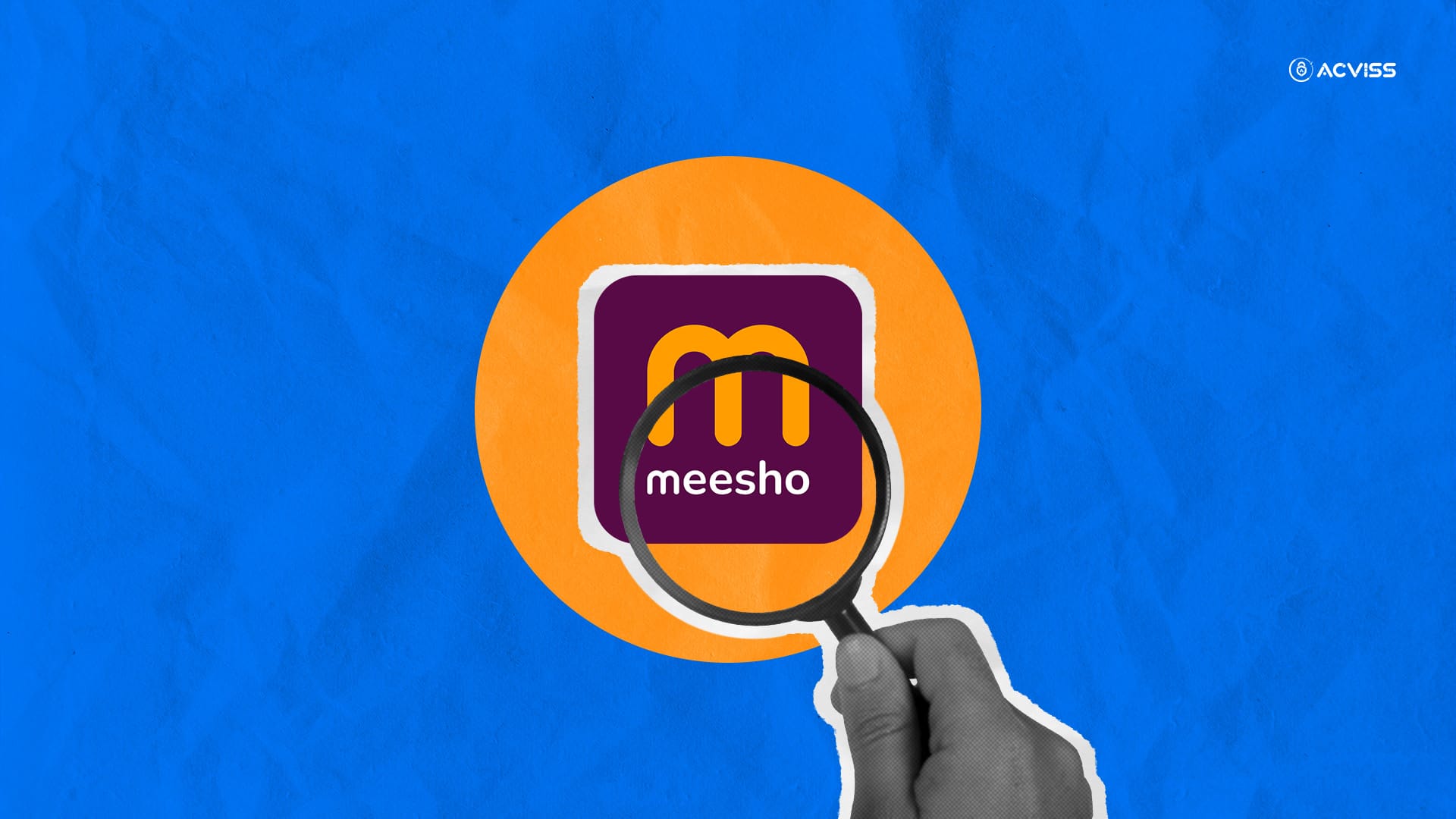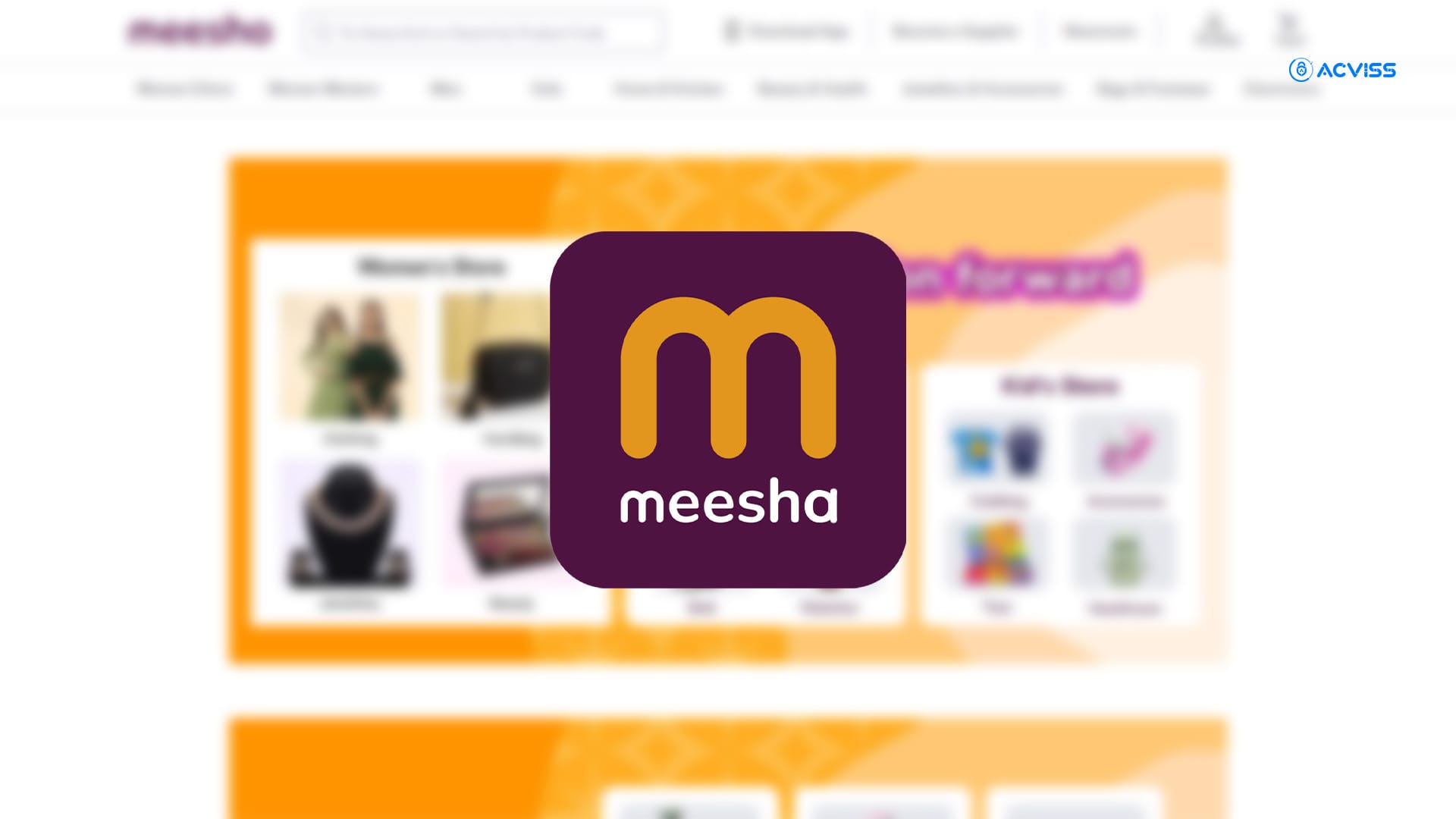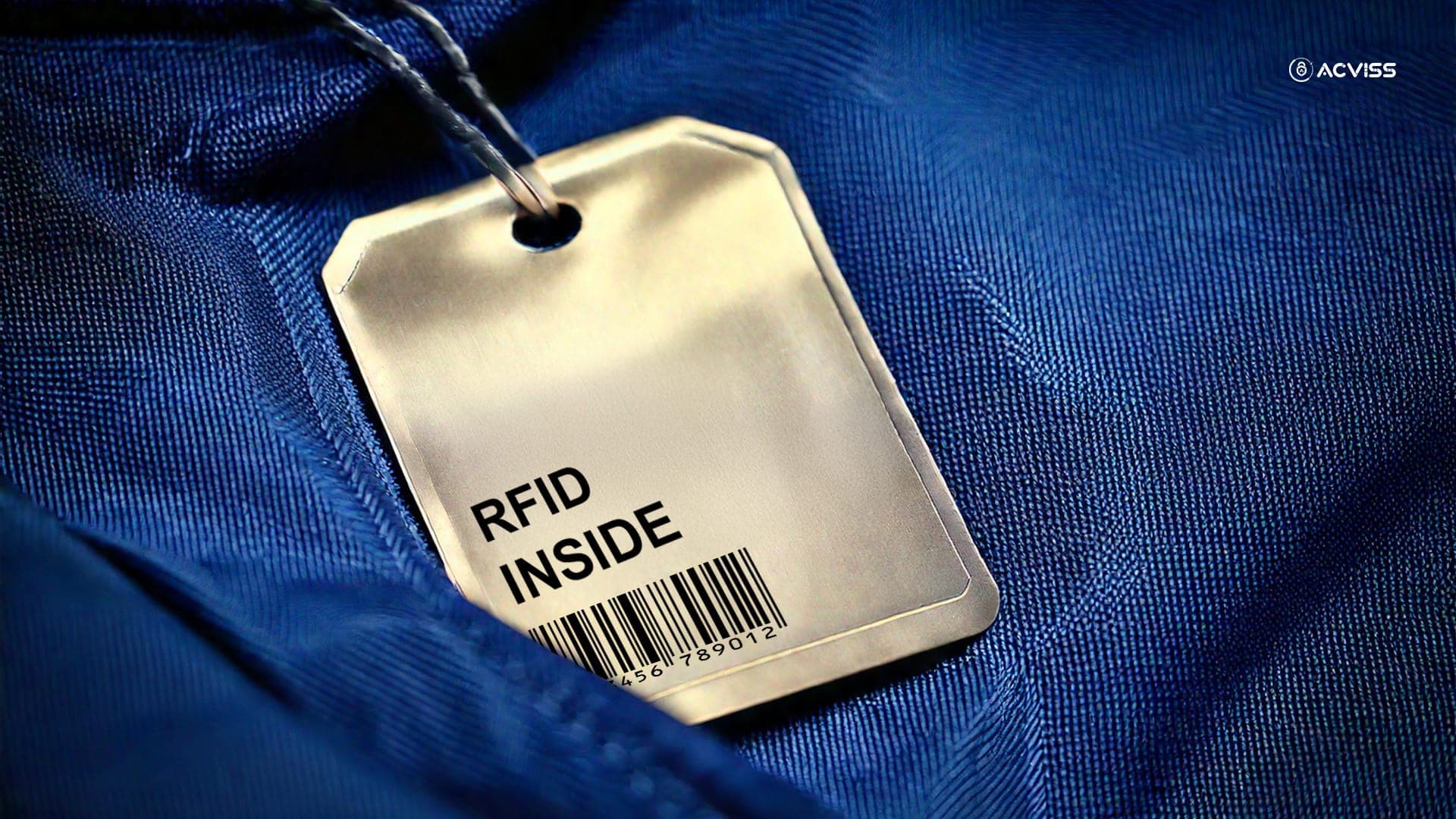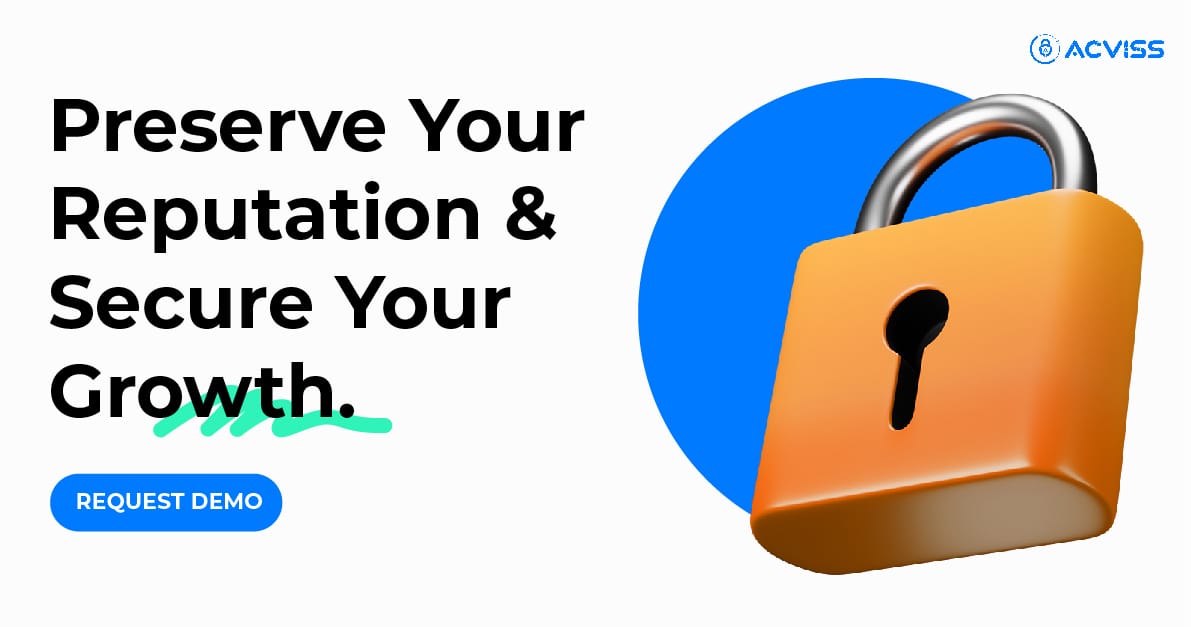Your Guide to Identifying Counterfeit Products on Meesho

Considering the proliferation of online selling portals, consumer fraud risks have increased significantly. As fraudulent activities impact both e-commerce platforms and consumers, the need for online brand protection tools has emerged as a real-time solution to decrease instances of brand abuse.
Key requirements to maintain a positive brand image –
- Protection against counterfeiting is crucial for consumer retention and attracting new consumers,
- E-commerce platforms must utilize a variety of technologies, and
- Embracing technologies assist in managing brand integrity and offering protection against online counterfeiting and other threats
Online platforms like Meesho can ensure a robust online presence by monitoring, detecting, and combatting threats and safeguarding intellectual property. Protect your brands in the competitive digital landscape only with a proactive approach and support long-term business success.
Factors Responsible for Online Counterfeiting
Due to a combination of various interrelated factors, e-commerce platforms are experiencing an increase in fraudulent activities that impact both their operations and consumer trust. Among many, the most significant ones are –
- Advanced manufacturing techniques to replicate the genuine products,
- Image manipulation,
- Anonymous branding,
- Supply chain vulnerabilities,
- Lack of regulatory framework and enforcement,
- Social media influence, and more
In this context, addressing the counterfeiting issues requires a comprehensive approach that not only includes stronger regulatory measures but advanced anti-counterfeit solutions and educating customers regarding the right purchase decision. Like many e-commerce platforms, Meesho has also experienced the challenges of counterfeit products that lead to negative perceptions of this platform in the competitive marketplace.

How to Spot Fake Products on Meesho
1. Scrutinize Seller Ratings and Reviews
A high seller rating is often a positive indicator, but it's important to dig deeper. Look for sellers with consistent ratings over time
- Customer Reviews:
- Verified Purchases: Prioritize reviews from verified buyers, as they are more likely to provide accurate feedback.
- Red Flags: Watch out for patterns in reviews, such as multiple complaints about quality, mismatched descriptions, or delayed deliveries.
- Too Positive: If a seller has overly positive reviews with generic comments, it might indicate fake or incentivized reviews.
2. Analyze Product Images Carefully
- Quality of Images: Genuine sellers upload clear, high-resolution images showing multiple angles of the product, including branding, packaging, and unique features.
- Stock Images: Be cautious if the listing uses stock or promotional images that seem lifted from other sources rather than original photos.
- Branding Elements: Check for logos, trademarks, or certification labels on the product images. Compare these with images from the official brand website to identify discrepancies.
3. Examine Product Descriptions Thoroughly
- Level of Detail: Authentic listings often include precise details, such as material, dimensions, manufacturing country, and brand specifications. A lack of specificity or a description that seems copied across multiple listings is a red flag.
- Language Quality: Poor grammar, spelling errors, or oddly phrased sentences may indicate a non-legitimate listing.
- Certifications and Tags: Verify if the product mentions certifications like ISO, BIS, or FDA (for regulated items), which are hard to fake.
4. Evaluate the Price
- Too Good to Be True: A significant price difference compared to the market rate should make you question the product's authenticity.
- Discount Patterns: Unreasonably high discounts on "branded" items are often used to lure buyers into purchasing fakes.
5. Verify the Brand Authenticity
- Brand Presence on Meesho: Cross-check if the brand has officially partnered with Meesho or lists their products on the platform.
- Official Websites: Visit the brand’s website to see if the product or seller is listed as an authorized distributor.
- Social Media Validation: Many brands address customer queries about authenticity on their social media platforms—don’t hesitate to ask directly.
6. Inspect Packaging and Product Details
- Packaging: Authentic products typically have professional, tamper-proof packaging with clear labels. Fakes may come in flimsy, poorly printed packaging or even without original branding.
- Labeling: Look for inconsistencies in logos, spellings, or fonts. A misspelled brand name is a clear sign of a counterfeit. Check the barcodes, QR codes, and batch numbers to see if they match details provided by the manufacturer.
7. Assess the Return and Refund Policy
- Clear Policies: Reputable sellers offer transparent return and refund policies. Read the terms carefully before purchasing.
- Suspicious Practices: Be cautious if a seller has ambiguous policies or refuses returns altogether.
8. Report Suspicious Listings to Meesho
- Why Report? Your report helps Meesho maintain a safer shopping environment by identifying and removing fraudulent sellers.
- How to Report:
- Use the platform's “Report Product” feature.
- Provide screenshots, order details, or any other evidence to substantiate your claim.
Using Technologies to Spot Fake Products
In the e-commerce landscape effectively identifying counterfeits requires the implementation of various technologies like -
- Cloud computing,
- Artificial intelligence (AI),
- Machine learning (ML),
- RFID technology,
- Fraud detection models,
- Image optical character recognition (OCR),
- Automated monitoring systems, and
- More
Taking proactive measures against counterfeit threats is only possible with these anti-counterfeit solutions. They not only uphold your brand integrity but enable swift action against fake listings and enhance the reliability of the detection process.
Leverage product authenticationonly with the exclusivity of these technologies -
1. Cloud Computing
- It uses advanced security measures like encryption, firewalls, and intrusion detection systems,
- These methods help cloud computing mitigate risks associated with online counterfeiting and protect brand integrity and reputation.,
- Cloud computing also helps e-commerce platforms in enhancing scalability and flexibility,
- Hence, this technology is beneficial for managing optimal performance without compromising security or user experience
2. Artificial Intelligence (AI)

- It is a critical tool to address counterfeit risks,
- AI-powered image recognition systems identify discrepancies to detect fake products on online selling portals,
- Also, the NLP algorithms scan product descriptions, customer reviews, and seller information to flag suspicious listings,
- The features of predictive analytics and real-time monitoring protect the brands from fraudulent activities,
- Further, the automated takedown systems of AI can consistently monitor online marketplaces, and
- Product authentication systems and quality control insights help to identify discrepancies
Obviously, it becomes easy to report counterfeit products to the platform administrators for swift action. Meesho can take corrective actions with AI to manage product quality and enhance consumer satisfaction.
3. Machine Learning (ML)
- For online brand protection, ML algorithms play a crucial role,
- It analyzes vast amounts of data to distinguish genuine products from counterfeits, and
- Trigger alerts for potential counterfeits by identifying patterns and features, examining the product logos, and other product attributes
Also, ML helps to detect anomalies based on transaction patterns and seller behaviour. Online platforms like Meesho can prevent counterfeit items by using features like real-time verification and enhanced authentication processes.
4. RFID Technology
- To combat online counterfeiting, RFID technology uses a unique identifier option, and
- With real-time tracking and batch scanning capability, continuous monitoring and quick verification processes are possible,

Meesho can use features like tamper-proof solutions, cryptographic techniques, and batch authentication protocols. It will ensure this online platform that customers are purchasing genuine products with assured quality. Detect potential counterfeit activities early on only with RFID Technology.
5. Fraud Detection Models
- This technology plays a vital role in raising customer awareness through various mechanisms, and
- With real-time verification tools and utilizing ML, fraud detection models can enhance transparency throughout the supply chain
E-commerce platforms can use this technology to empower consumers. With this technology, Meesho can help customers to make informed decisions. Protect yourselves from the risks associated with counterfeit products.
6. Image Optical Character Recognition (OCR) –
- This powerful tool helps in product authentication,
- Use functionalities and applications for text recognition in images detecting typographical inconsistencies or errors in the text, and
- Also, by combining ML algorithms, OCR can analyze the features of genuine products and detect counterfeit products
Meesho embraces the real-time monitoring feature of this technology to enhance accuracy. Provide robust solutions with OCR and assist customers in identifying counterfeit products.
Automated monitoring systems – The different features of this technology are -
- Continuous monitoring,
- Pattern recognition,
- Data-driven insights, and
- Risk scoring
It must be kept in mind that enhanced supply chain visibility can tackle the challenges of online counterfeiting. By protecting brand integrity, Meesho can ensure a safer experience for its consumers in the increasingly complex digital marketplaces.
E-Commerce Platforms and Online Brand Protection
Due to the significant challenges of fake products, several e-commerce platforms are implementing robust anti-counterfeit solutions to enhance product authenticity and customer trust. By leveraging advanced technologies and adhering to strict guidelines, these platforms can address the risks of counterfeits and manage their reputation.
Get to know about the leading e-commerce platforms adopting online brand protection –
1. Amazon
- The platform actively uses advanced technologies to ensure authenticity and transparency to prevent counterfeit items from being sold.
- Project Zero empowers brands to take corrective actions to remove counterfeit products.
- It enhances brand reputation through rapid response to infringements.
Obtain greater control over suspicious product listings only by availing the benefits of the following features – a) offering automated protections, b) serialization with transparency, and c) proactive monitoring with machine learning and analytics.
2. Flipkart
- The platform adopts a comprehensive brand protection program.
- It can offer a collaborative approach to identify counterfeit products and sellers on this selling portal.
Flipkart encourages transparency and protects consumers from counterfeits by promoting a) reporting mechanisms, b) seller verification, and c) customer awareness initiatives.
3. Meesho
- The platform is transitioning from a reseller platform to a full-fledged e-commerce marketplace, and
- As such, it struggles with the challenges of effectively implementing anti-counterfeiting measures and maintaining rigorous quality checks.
Despite using approaches like Project Suraksha, Meesho still needs advanced technologies to improve product authentication.
Acviss Offers Strategic Approaches for Product Authentication
As a leading provider of anti-counterfeit solutions, Acviss addresses the relevant challenges to improve transparency and reduce the severity and nature of threats. The combination of ML and AI-based tools not only sends real-time alerts but allows a proactive approach for consistent monitoring, detection, and addressing of infringements swiftly. Globally counterfeiting causes major revenue and profit losses, for which securing your brands is necessary with technologies, legal tools and resources. Truviss offers you a unique solution to track and protect the legitimate products you want.
Conclusion
From the above, it can be stated that the importance of anti-counterfeit solutions has increased due to the complexity of competitive digital marketplaces. It requires the adoption of advanced technologies and a deep commitment to combat counterfeiting in collaboration with brands and law enforcement agencies. By following the examples of leading e-commerce platforms, Meesho also needs to tackle the challenges with rigorous quality checking and raising customer awareness.
Adherence to stringent verification checks is only possible with technological solutions like AI, ML, and others. Counterfeit products not only damage the platform’s reputation but also present significant operational challenges, impacting financial performance, and degrading consumer experience. Hence, to ensure the platform’s long-term success in the competitive e-commerce landscape, Meesho should manage ongoing vigilance and improvement in anti-counterfeiting measures to maintain consumer trust and satisfaction.
